
Tag Archives Traceability

Canadian Cattle Association names Brocklebank CEO
Andrea Brocklebank will replace Dennis Laycraft as head of the Canadian Cattle Association effective March 1
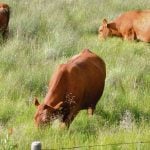
Cattle traceability regulations on hold, for now
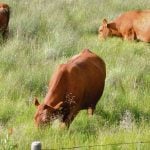
No new traceability regulations implemented says Canadian Cattle Association
The regulations are still at the proposal stage and have not yet been published by the federal government
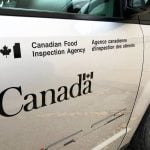
CFIA updates plant protection regulations
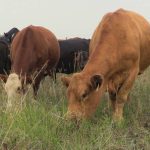
Feds drill for foot-and-mouth outbreak
Foot-and-mouth drill mocks up Canadian defence plan to simulated high-risk infection in the U.S.
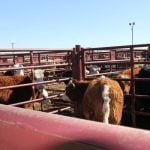
Livestock movement scanner looks for proving ground
Canadian Cattle Identification Agency looking for ranchers to test RFID ‘wand’ technology, meant to make traceability easier in the lead up to incoming regulations
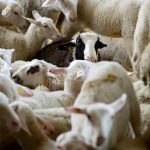
Sheep industry changing playbook on traceability and animal health
Changes in disease tracking technology and veterinary drug availability are front of mind for Canada’s sheep farmers

Canadian cattle industry preps for new traceability rules in 2026
Canada’s coming livestock traceability framework update will allow Canada to more nimbly react to outbreaks of animal disease, the government has said

VIDEO: App tracks movement of livestock throughout production system

Livestock sector raises issue with new traceability reporting times
CFIA update will also bring goats, farmed deer and elk under traceability




